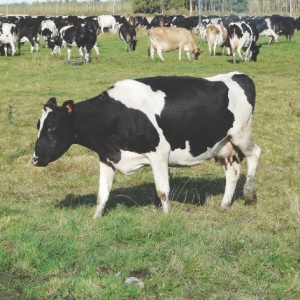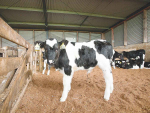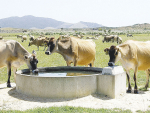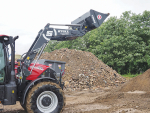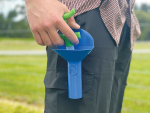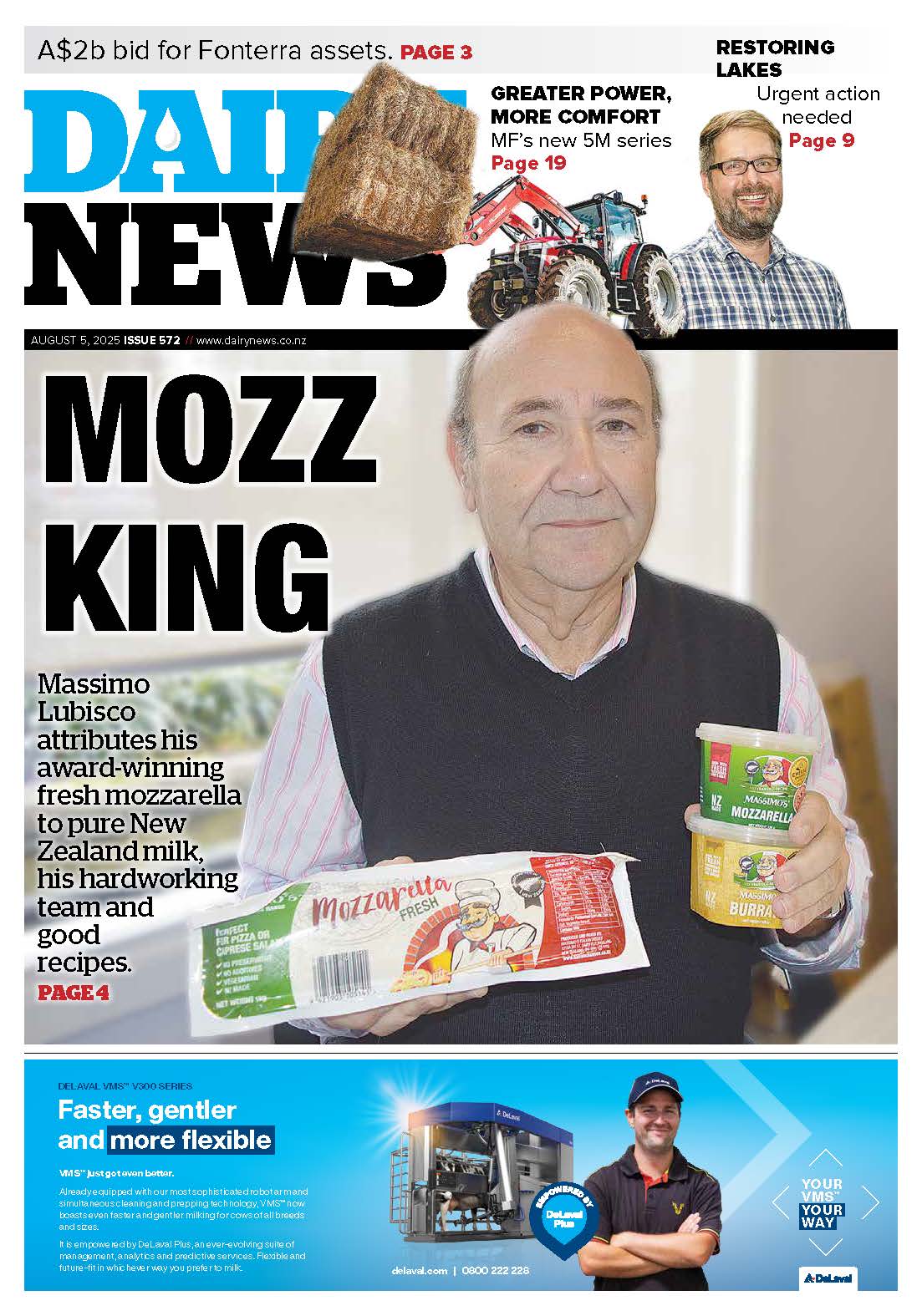Ravensdown veterinarian Dr Gavin Goble says such certificates have never been more important because recent results from Analytical Research Laboratories (ARL) have highlighted the poor quality of many magnesium oxide products on the market.
Testing undertaken as a result of farmer concerns about the quality of products used in the application of magnesium (Mg) to cows has shown serious defects in many products being sold in the market, he says.
“Variations in product quality can lead to cows not receiving enough magnesium to prevent magnesium deficiency. This could result in an increased likelihood of grass staggers and milk fever developing at or around calving. The problem is made worse by high potassium (K) levels in the diet (which reduces Mg uptake by the cows).”
To be effective and safe, it is important that Mg products must:
Contain acceptable levels of magnesium oxide (MgO)
Be below the legal limit for heavy metals
Have the correct particle size.
The industry standard for dusting grade magnesium oxide is a product with a 200 mesh (90% less than 75 micron) particle size and a purity of at least 87-90% MgO (52-54% elemental Mg). Under the ACVM Act 1997, the minimum allowable MgO content is 85% and there are also legal limits on the heavy metal content.
ARL’s results showed that from 29 randomly purchased samples, 28 of them failed in at least one of these three areas, says Goble.
“It’s alarming that farmers are not getting what they have a right to expect, and in fact are not getting what is stated on the bag. It’s about having robust manufacturing and testing processes so a supplier like Ravensdown is in a position to provide that assurance through a certificate of analysis,” he says.





